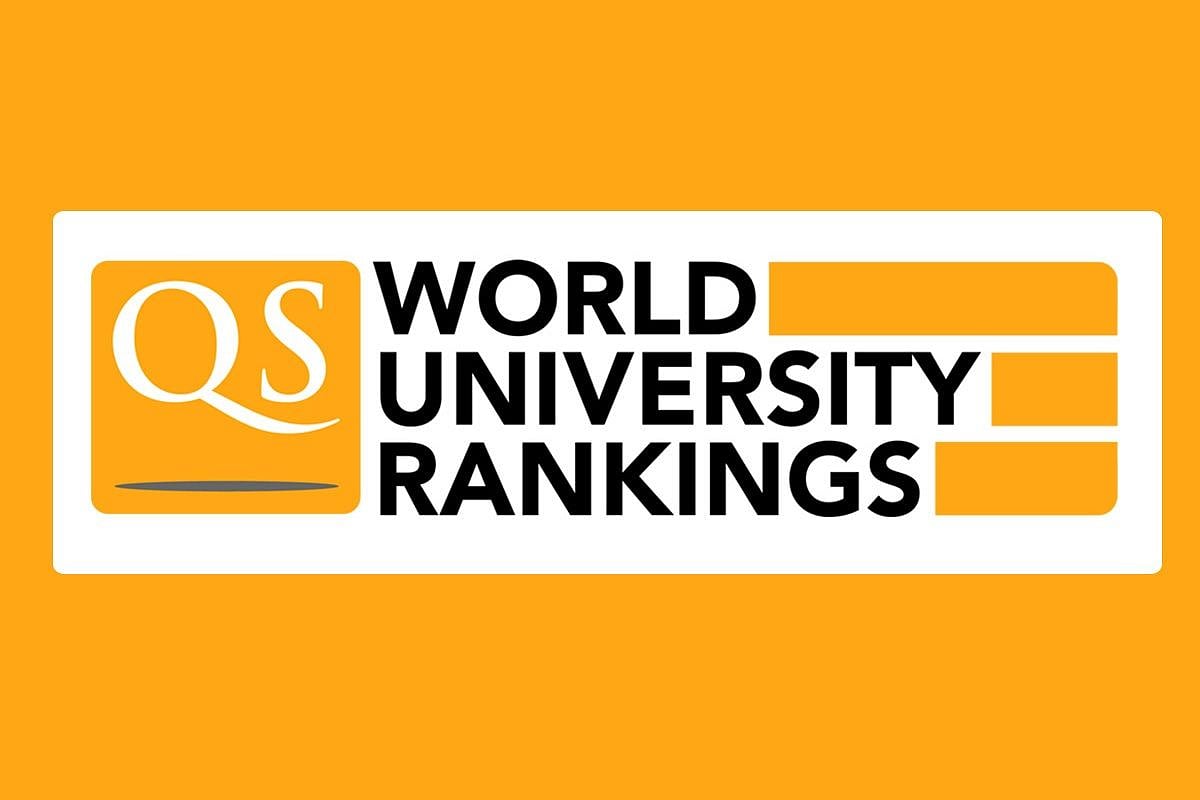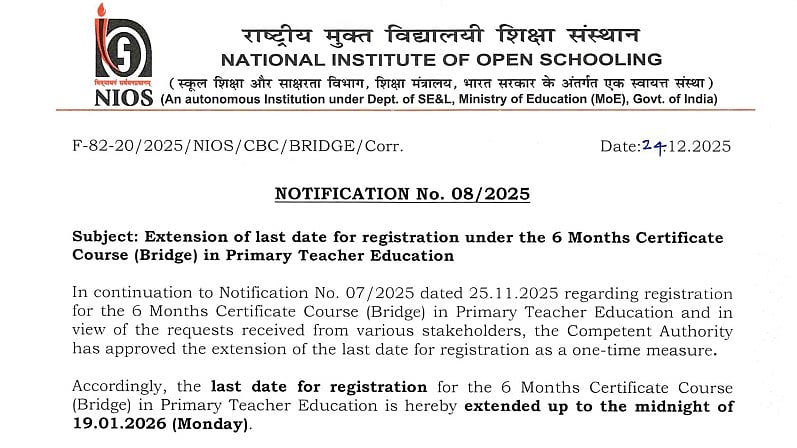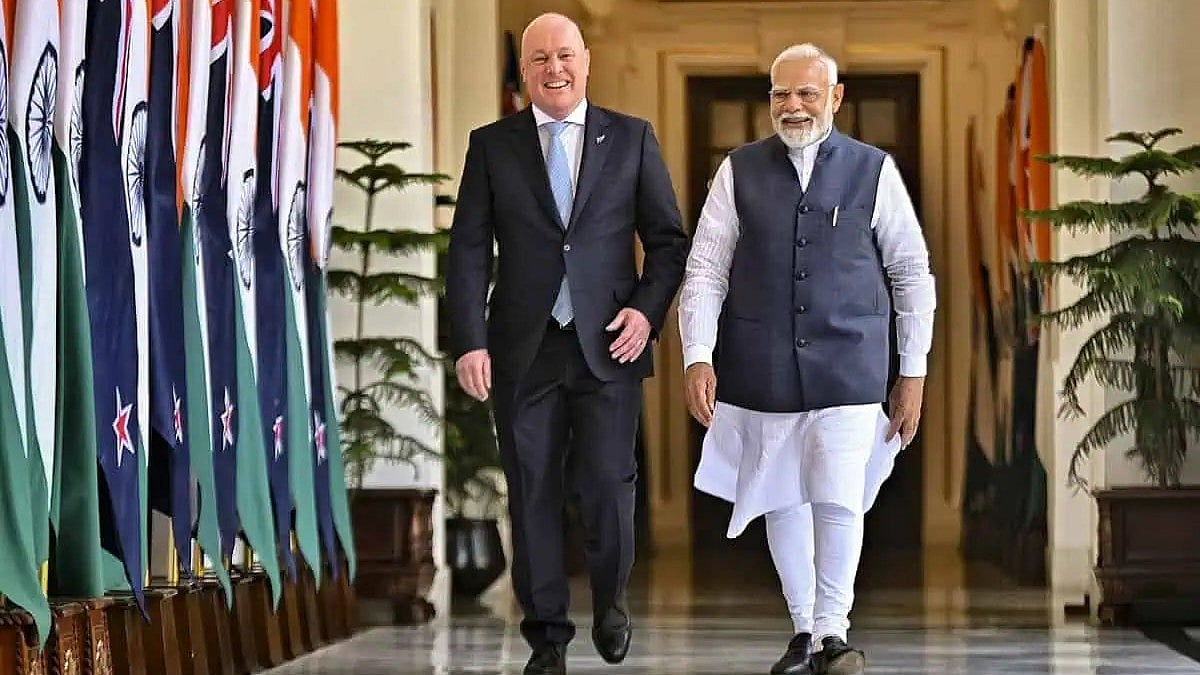It’s that time of the year again – not the start of the monsoon season which turns out to be perilous for so many but the beginning of an academic season with the familiar rush to secure seats in the best colleges and universities. The ‘best’ in any discipline is determined by a set of factors, most notably the rankings that colleges and universities receive from surveyors and the media. The Quacquarelli Symonds (QS) world rankings report for 2023, considered the international gold standard, published its list this week. India’s best universities did not make it in the top 100 in the world. This should not immediately embarrass us though it should spark off debates on the state of higher education in the country, especially in the social sciences.
For the record, 41 Indian universities or colleges made it to the list of 1,500 global institutions in the QS world rankings with the Bengaluru-based Indian Institute of Science (IISc) ranked the highest Indian university at number 155, the Indian Institute of Technology (IIT) Bombay was at 172 and IIT (Delhi) at 174. On the international level, the Massachusetts Institute of Technology (MIT) bagged the top honours for the eleventh consecutive year of the 19 years of QS rankings, the University of Cambridge was second and Stanford University third; Oxford and Harvard universities, in that order, completed the top five in the world.
That the top five spots have remained more or less unchanging over the years – with MIT first, the rest keep rotating ranks – is unsurprising. There are laudable reasons for these universities to consistently make the top grade but it cannot be denied that it has begun to look like a cozy club. Still, the management of these universities must get something right for them to become iconic and sought-after institutions around the world for many years. A long and hard study by Indian institutions into factors that make these universities the highest-ranked in the world would not be amiss. Their systems and processes, academic approach and programmes, faculty-student structures, research and development outcomes, liberal campus atmosphere, and more are, therefore, worthy of being studied but without the halo that Indians reflexively put on premium international institutions.
That said, at least three issues arise. Firstly, it must be accepted that the QS world rankings tend to be partial to institutions in the developed nations perhaps because the parameters drawn up to assess colleges and universities around the world unconsciously favour the West. In fact, a controversy had erupted last year when the University of California, Berkeley, had raised questions about a possible conflict of interest in the QS world rankings; its research pointed out that the organisation runs a consulting business for universities, and suggested that this “could be influencing the rankings inappropriately”. The QS firm had expectedly denied this.
Rankings matter because colleges and universities attract the cream of students if they are high on the list. Students and parents prefer higher-ranked institutions because they believe that the rank is directly linked to a higher quality of education and better employability. Top firms around the world are seen at these institutions for campus recruitment. The rankings, therefore, matter to every player in this market: Universities, students and parents, and prospective employers. Somewhere along the way, the ranking assessment has turned into a neat business itself. In India too, the mainstream media, especially the magazines, have made it their annual mission to publish rankings of colleges and universities, never mind that the pages also frequently carry heavy advertisements from the universities or colleges that appear in the list of top ten.
Secondly, the country’s ten top institutions in the QS rankings are IISc and nine IITs; universities renowned for Humanities or social science disciplines such as Delhi University or Jawaharlal Nehru University, or Pune’s Savitribai Phule University fall well below the famed engineering institutes. If there’s anything that the last few years have shown, it is that social sciences matter as much as medicine-engineering does. Higher education in social sciences veers between ill-equipped public universities – with the exception of the few mentioned – and expensive private universities which puts quality education out of reach for millions. Despite the National Education Policy (NEP), social sciences come lower down the pecking order and this needs to change. Colleges and universities in social sciences are as valuable as the top-ranked science and engineering institutes.
Thirdly, it is worth acknowledging that there’s life beyond these rankings whether by international or national platforms. Education in colleges and universities was meant to groom young individuals into rational and responsible citizens of the country, rather than merely skill them for jobs on the assembly line even in new or sunrise sectors. Rarely do the rankings assess higher educational institutions on their approach to this all-important mentoring of our young, in fact, there are hardly any parameters that measure this. It’s one thing to mould fine engineers or researchers, it’s quite another to shape their worldviews to align with universal human rights or democratic values such as liberty, justice, and equality. The QS rankings, or other rankings, do not capture the former; only the latter. India needs its young to develop a democratic, secular, and inclusive worldview. And that’s why while rankings matter, they should not be the sole measure of the worth of higher educational institutions.









